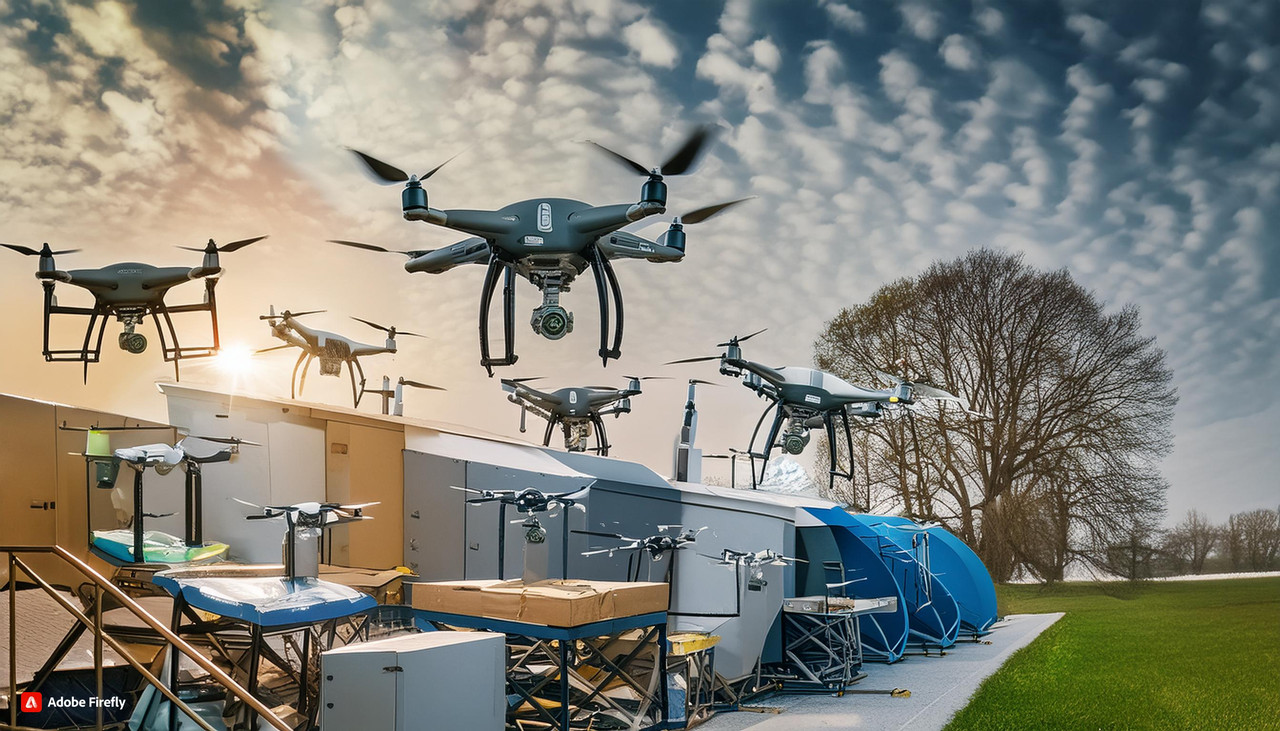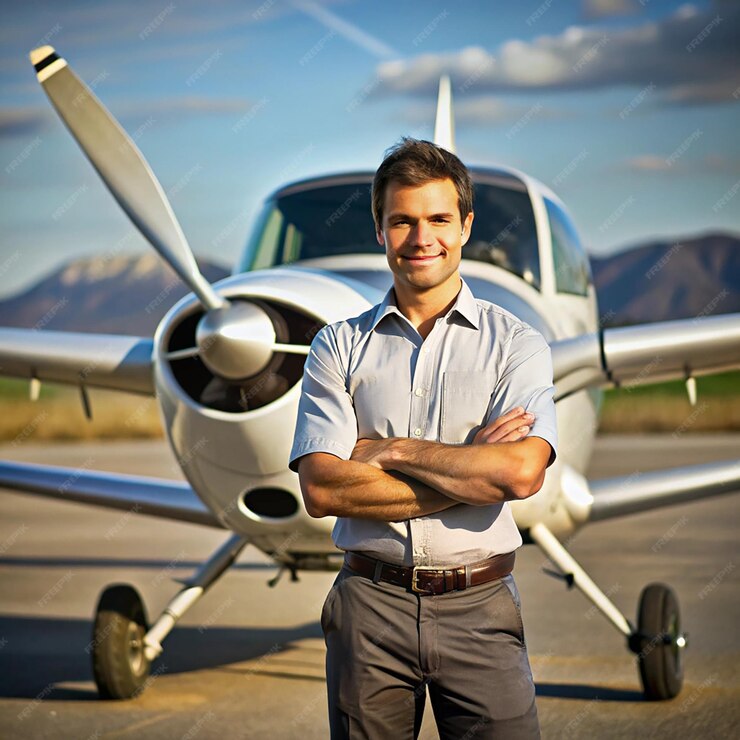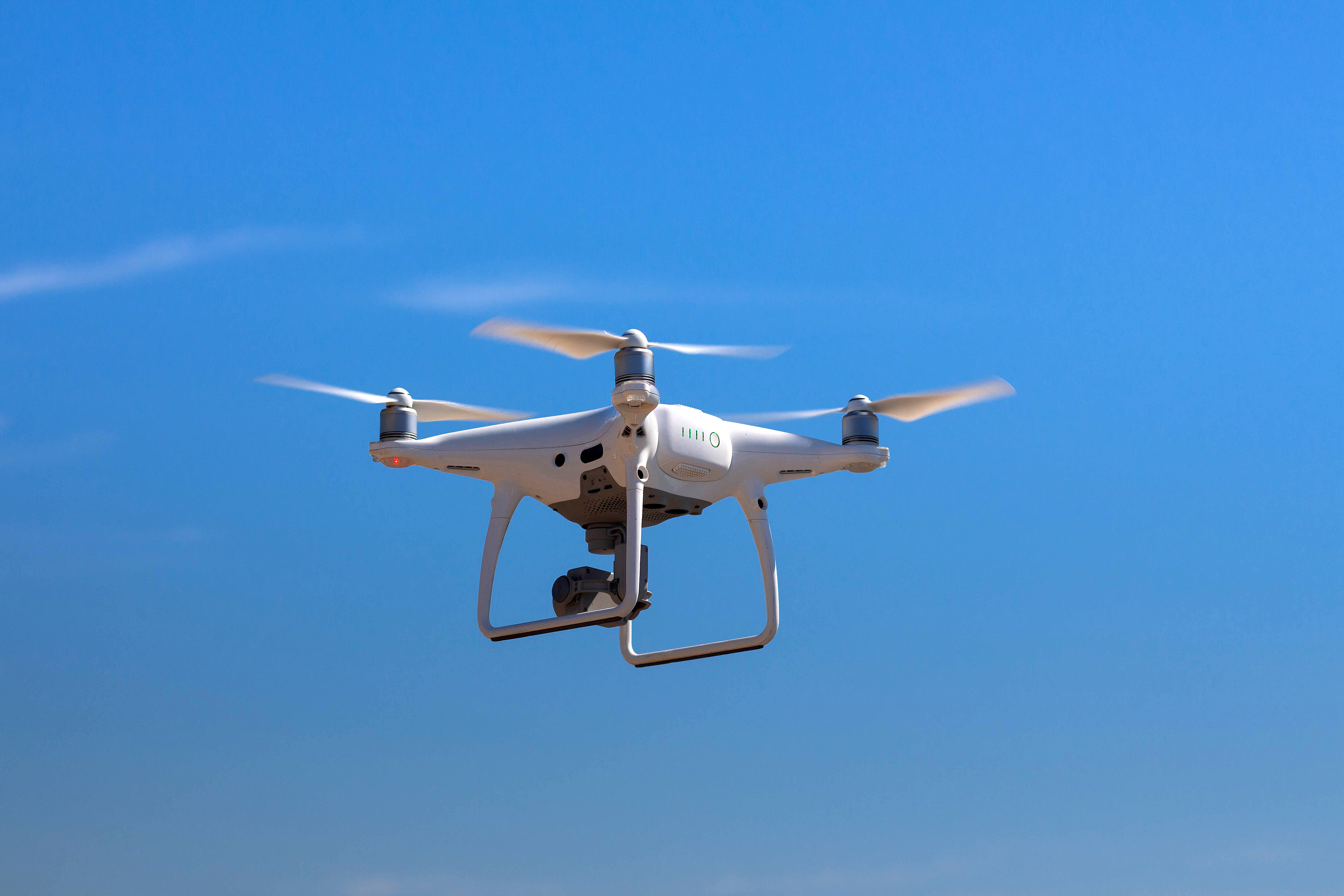
How Commercial Pilots Handle Stress and Fatigue on Long-Haul Flights?

Most people relate the profession of a pilot to glamour and handsome remuneration, but it is beyond that. It is a real challenge for commercial pilots to take long-haul flights. With the increasing popularity of air travel, pilots should be safe and competent while managing the challenges posed by long flights. Stress and fatigue are major challenges right up there, which can blow health, performance, and safety.
This blog sheds light on how commercial pilots handle stress and fatigue on long-haul flights and much more.

Understanding Stress and Fatigue
Stress is a natural mental and physical reaction to everyday experiences. Everyone deals with family and monetary issues or other hostilities that can raise BP. Stress protects the body, helping you stay focused and alert in critical decision-making situations. Airlines pilots also deal with irregular schedules, travelling through several time zones, extended periods away from home, and other difficulties that automatically accompany the job.
It is important to recognize the symptoms of stress to control it. Commercial pilots who suffer from this condition frequently exhibit irritability, fatigue, and feeling overwhelmed. They are inclined to withdraw from casual conversations and keep to themselves. Stress can cause headaches, back or neck pain, a fast heartbeat, and trouble falling asleep.
Taking long-haul flights can be physically and mentally exhausting. Pilots must tackle jet lag, irregular sleep patterns, dehydration, and workload. These factors can cause stress and fatigue, impairing their judgment. Pilots should maintain a healthy lifestyle to overcome stress and fatigue. Pilots must also manage their emotions, communicate well with their crew and seek professional help.

Pilot Errors in Flight
According to the Journal of Organizational Psychology, pilots encounter many precarious situations throughout their careers that elevate their stress levels—the likelihood of experiencing an unfamiliar event while on duty is considerably high. Therefore, crew members must have good communication skills and a suitable way of dealing with errors to evade accidents.
While deliberating those errors, it was found in research that anxiety was an important factor disrupting control and communication amongst the crew members. It was found that when pilots come across any danger, they get stressed and develop anxiety, and their cognitive functions are limited. So, their performance was reduced, and an accident occurred.
It is important to mention the effect of fatigue on the airline industry and how it can contribute to errors during flights. Precisely, it was examined how people working as airline pilots operate concerning errors; pilots (26%) were more uncertain about agreeing that their exhaustion averts them from job exertion.
Pilots were also less expected to admit that their fatigue levels interfered with their decision-making process and made them susceptible to errors. These results concluded that pilots are liable to misjudge their abilities when fatigued, as they do not seek suitable measures to obtain help. This would unavoidably lead them to make a serious error in the future.

Can Every Pilot Withstand Flying Long-Haul?
While working as a pilot, one should be very sure whether they are competent for enduring long-haul flights, as they need patience. The whole airline is at risk if a pilot cannot withstand long-haul flights, as aviation safety should be a priority.
If overlooked, the pilot can develop fatigue, causing errors in the aviation industry. It was concluded that most long-flight pilots reported depression, anxiety, and severe fatigue.

Stress Faced by Pilots
• Operational Stress: Operational stress includes the pressure of dealing with weather interruptions, managing tight schedules, and handling unanticipated flight diversions.
• Miscommunication with Crew: Pilots work closely with crew members, and communication issues arise. These situations can increase pilots' stress.
• Technical Stress: Pilots' workloads increase when they work on complex aircraft and navigate flight paths, mostly in tough weather conditions.
• Environmental Stress: Instable air pressure, high altitudes and long confinements in a small space can increase stress.

Why Pilots Experience Fatigue?
• Circadian Rhythm Disruption: Long-haul flights across various time zones disrupt the pilot’s body clocks, leading to jet lag.
• Sleep Deprivation: Pilots frequently don’t get proper sleep on a flight because of the high noise level and irregular schedules.
• Long Duty Hours: Pilots often work for extended hours on long-haul flights, with little to no break, leading to increased fatigue, which can also impact work efficiency.
• Physical Discomfort: Sitting in small spaces for a long time and being alert can be the major cause of physical discomfort.

Stress Management on Long Flights
Undergoing Strict Training
Rigorous training is important for commercial pilots and vital in handling stress. This helps them deal with technical failures. Pilots also use simulators to prepare for high-pressure scenarios, which reduces anxiety.
Regular Exercise
Regular exercise and endorphins release the body's natural stress relievers and boost mood. Pilots exercise regularly to improve their health. If they are physically and mentally fit, their stamina will also increase.
Stress Reduction
Techniques Deep breathing and meditation can help manage anxiety and stress. Pilots can also use muscle relaxation techniques to ease tension and decrease stress. These help improve focus throughout crunch situations.
Effective Communication
Clear communication with the crew guarantees reduced operational errors, as there can be better coordination among the crew. Airline companies give teamwork and leadership training, allowing pilots to manage stress among the crew.

Fatigue Management on Long-Haul Flights
Fatigue is a common problem for long-haul flying. To ensure that pilots are alert, airlines implement fatigue management systems. These include regular rest breaks, structured duty hours, and sleep deprivation-combating strategies.
Following Fatigue Risk Management Systems
These monitor and decrease fatigue effects on pilots. They are tailored according to the sleep and fatigue patterns and optimize pilot performance while ensuring safety. Airlines have stringent rules with regard to the flight hours of commercial pilots. Pilots are mandated to report fatigue levels before the next flight.
Strategic Napping and In-Flight Rest
Pilots can take rest on the aircraft itself, while on the long-haul flights. This is termed as "strategic napping”. Which keeps pilots fresh for the next phase. The rest areas on flights have noise-cancelling headphones and reclining seats so the pilots can rest comfortably. This helps them to remain alert when flying the aircraft.
Managing Sleep for Pilots
Proper sleep is not to be neglected if commercial pilots are to increase overall operations during long flights. Pilots should take proper naps before flights, mainly when the flights cross several time zones. Sleep masks also help pilots tackle the issue of jet lag and changing time zones.
Pilots should avoid prolonged sleep and instead sleep in breaks. This will allow them to remain alert throughout the flight.
Balanced Diet and Hydration
Eating healthy and drinking adequate water is vital for pilots on long routes. These aids uphold energy and decrease fatigue. Evading caffeine and sugar helps prevent energy crashes.
Hydration is vital, as dehydration can lead to physical exhaustion in pilots. Pilots should drink water throughout flights to stay hydrated.

Aviation Wellness Programs Role
Mental Health Support
Mental health is very important for pilots' well-being, and many airlines offer counselling services for pilots with high stress levels. These help pilots cope with the emotional vulnerabilities arising from the taxing stress of their jobs. Mental health support ensures that pilots are mentally fit and continue flying safely.
Physical Fitness Programs
include access to fitness centres, workout routines, and health assessments. Some of the key airlines in India also offer yoga sessions to decrease pilots' tension and increase flexibility. These programs also help decrease the physical toll long flights take on the body.
Education and Training
Wellness programs educate pilots about stress management, sleep hygiene, and prevention of fatigue. Airlines provide workshops to help pilots learn stress and fatigue management strategies and take steps to preserve their health and well-being.
Coming to a Close
Handling stress and fatigue is the need of the hour for commercial pilots, particularly those taking long-haul flights. Through continuous training, rest, and health support, pilots can cope with the various challenges of long-haul flights. As the aviation industry continues to go from strength to strength, it is important that the health of pilots is a priority to ensure the safety of air travel.
If you want to know how to become a commercial pilot and train in this regard, you can come to us at Flapone Aviation. So, what are you waiting for? Put the medal on the pedal and run after your dreams.
Related Blog
Latest updates and insights from Flapone Aviation.

What Types of Drones Are Present in the Market?
October 8, 2024

How to Become a Pilot After 12th in India?
February 7, 2025

What are the Basics of Drone Piloting?
February 7, 2025




Author Bio
A dynamic and seasoned content writer with 6 years of experience curating content for different platforms. With the knowledge of all the cogs of content writing and SEO, he has served in various industries. He believes that content is the kingpin, and if penned well, it has a lasting impact on the minds of the readers. Apart from content creation, he is also an ardent poetry lover and performer. He has two publications of his poetry collection, namely Alfaaz and Chestha